Don't miss out on the opportunity to listen and download this episode's mp3 for free from my podcast. Click the link and start listening now!
SUMMARY
- Last week's podcast episode focused on the use of Artificial Intelligence (AI) in education and professional development. We discussed the benefits of AI in creating exercises, assignments, and courses, and the importance of providing feedback to improve the AI's responses. However, he also mentioned that some people may not receive the results they desire if they input only generic phrases into the system. Luke highlighted the need for more research into the use of AI in education and professional development to ensure that it is effective and can be adapted to suit individual needs.
- One of the key takeaways from the podcast episode was the lack of membership in professional associations. While there are many organizations out there, many people don't see the value in joining them. However, Luke mentioned two associations that are worth considering: the American Education Research Association and the Association for Talent Development. These organizations offer many resources and networking opportunities that can be beneficial for professionals in the field.
- The conversation then shifted towards the importance of incorporating more learning strategies into the design process, rather than just relying on tools and software. Luke emphasized that it is crucial to understand how adults learn and apply learning theories to create a successful learning experience. He believes that a shift towards more research on andragogy, learning sciences, and learning strategies is needed to achieve this goal.
- Furthermore, He discussed how podcasts can be a valuable medium for learning. He stated that many people listen to podcasts to escape reality and seek out specific episodes or articles related to instructional design to further their learning. It is an excellent way to stay up-to-date with the latest research and trends in the field.
- Luke also highlighted the fact that there is no one "right" path to becoming an instructional designer. People come from various backgrounds and experiences, and it is crucial to keep trying and not give up, even when facing challenges. He encouraged individuals to follow their passions and emphasized the importance of being able to sell their ideas and accomplishments to potential employers.
- The insights are especially important given the current state of education and professional development. With the pandemic forcing many people to work and learn remotely, it is essential to use technology effectively. AI and other tools can be incredibly helpful, but only if they are used in conjunction with effective learning strategies.
- For those looking to improve their skills in instructional design, Luke's website, www.drlukehobson.com, offers a wealth of free resources, including blogs, videos, and podcasts. It is an excellent place to start for anyone interested in the field or looking to enhance their knowledge and skills.
- In conclusion, the podcast episode provided valuable insights into the use of AI in education and professional development, the importance of research and learning strategies, and the value of professional associations and podcasts. As the field continues to evolve, it is important to stay up-to-date with the latest trends and research to create effective learning experiences that benefit both individuals and organizations.
INSPIRATIONAL QUOTES
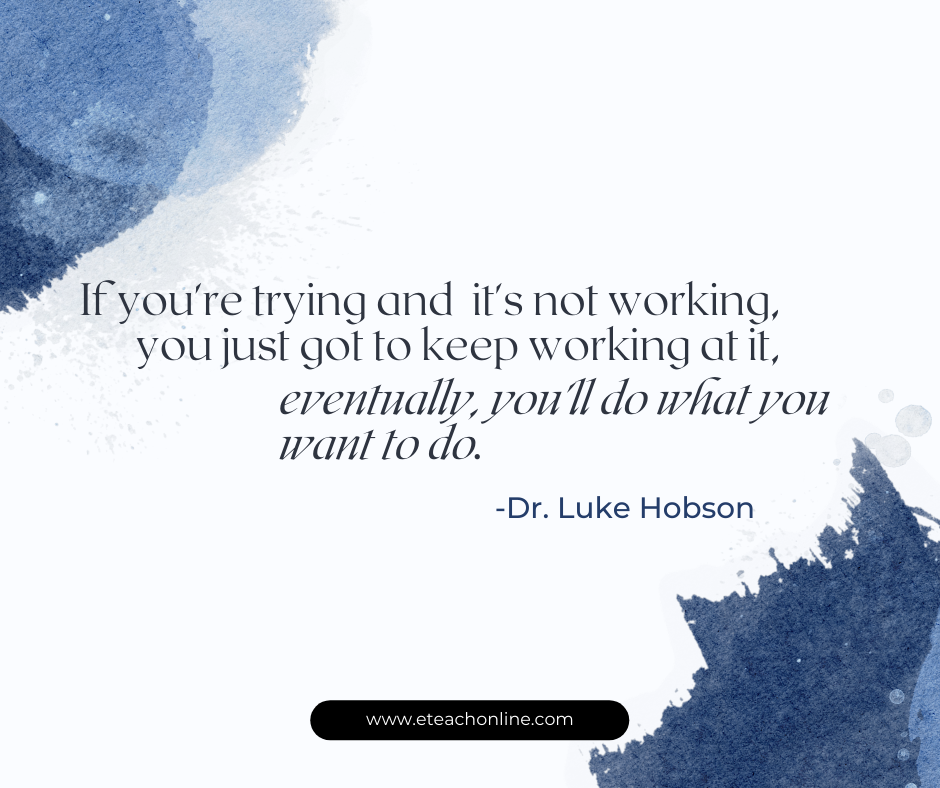
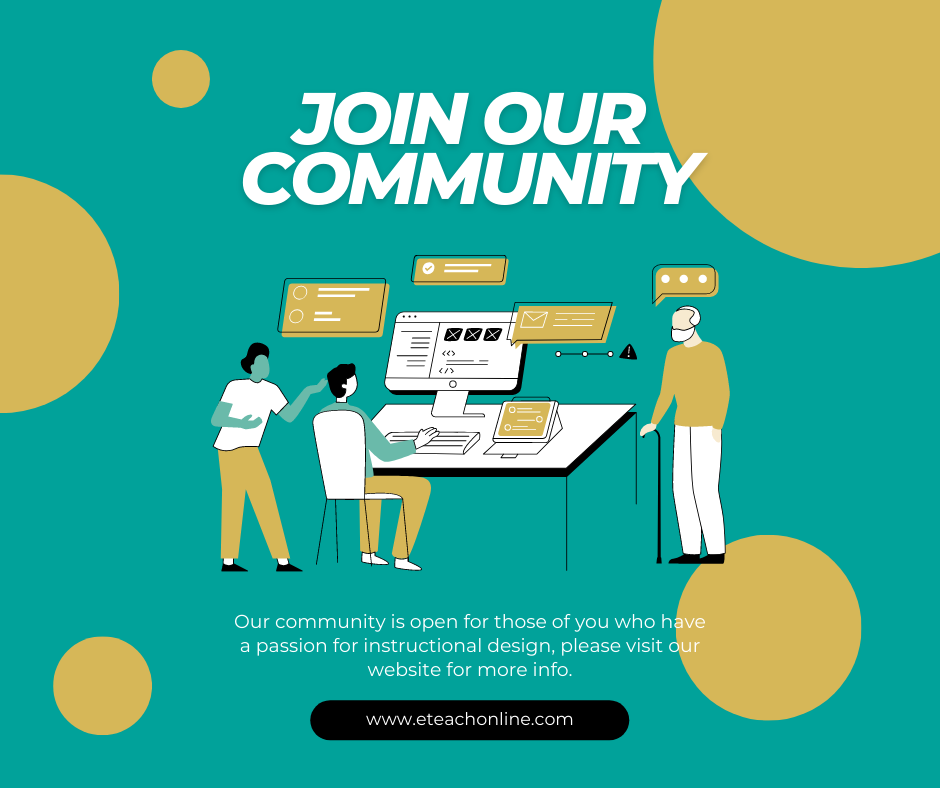
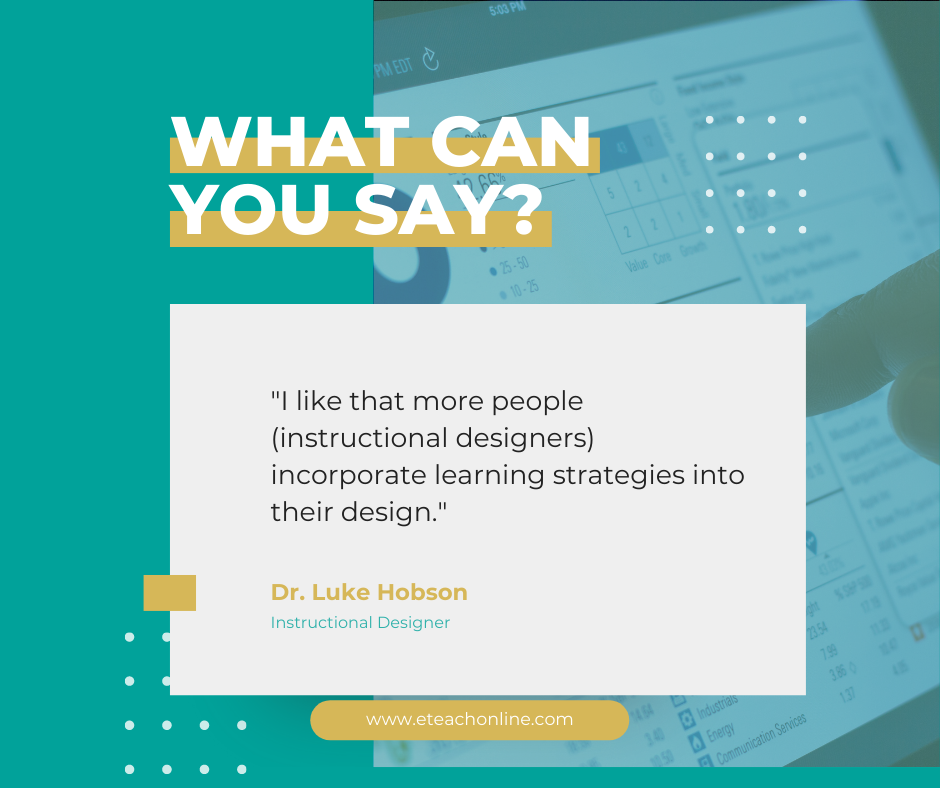
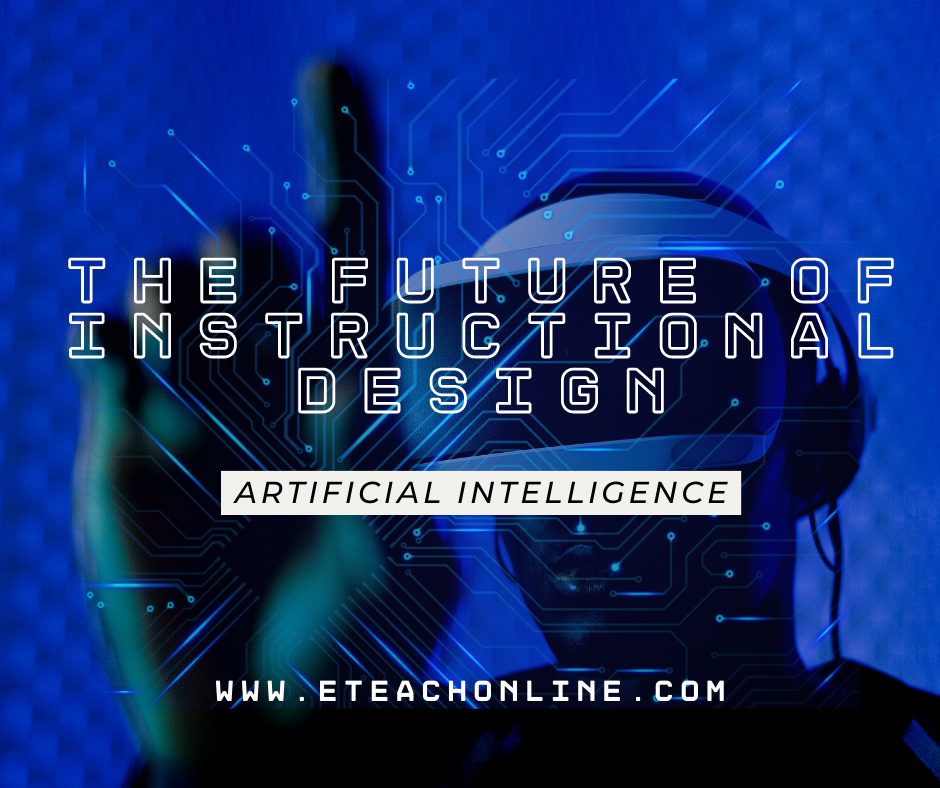
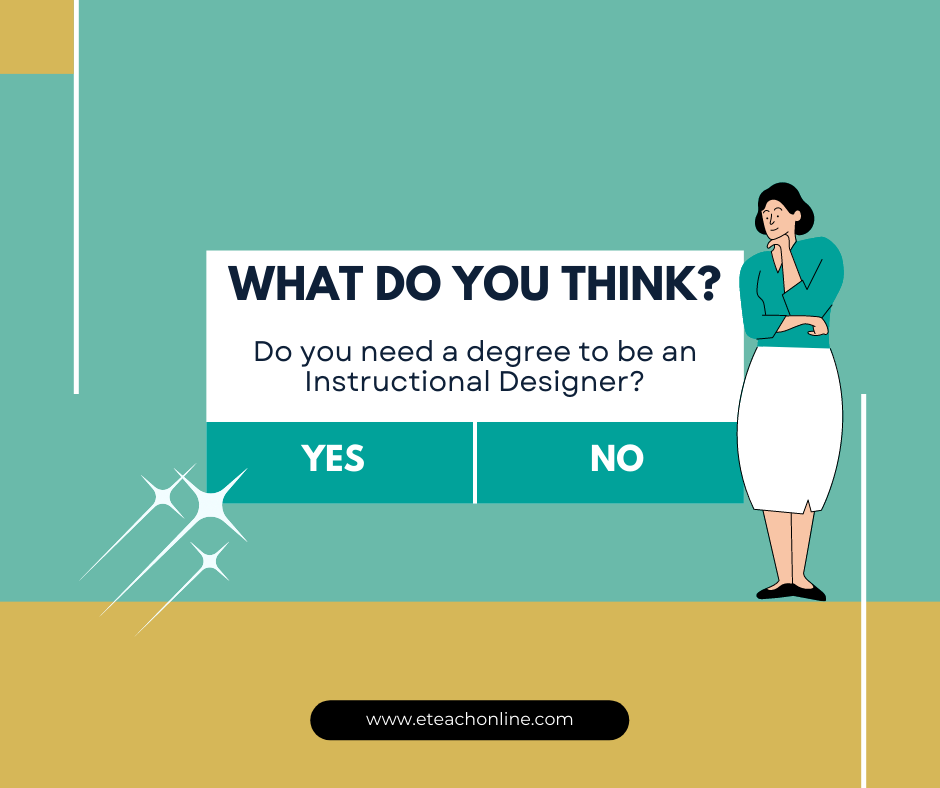
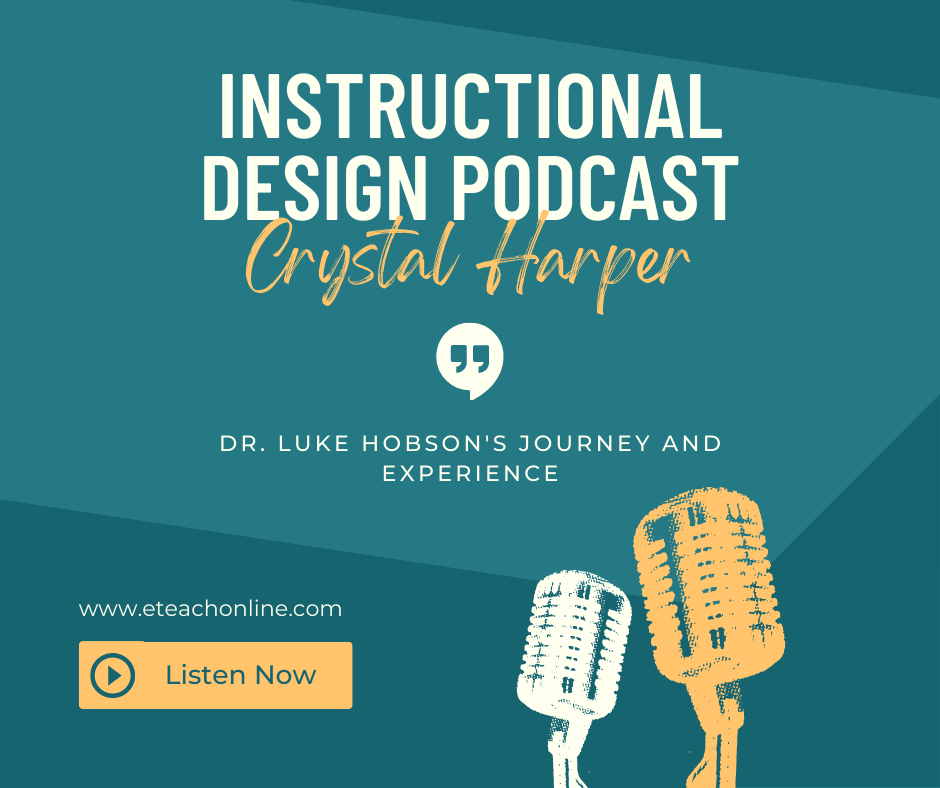
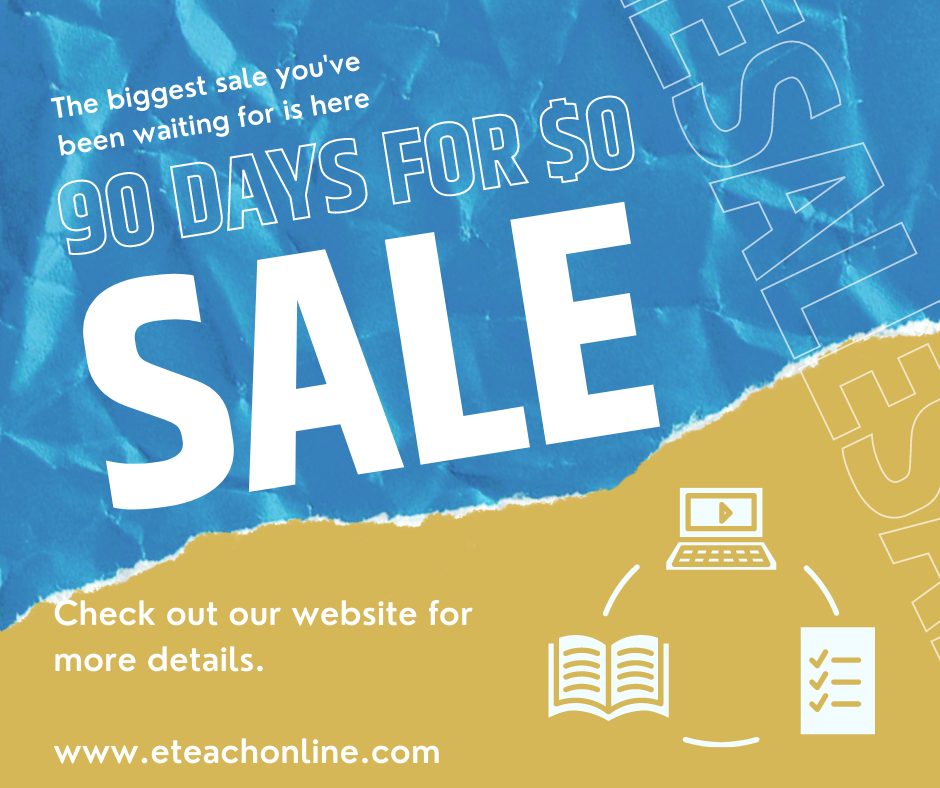
TRANSCRIPT
I completely agree. I was about to say the same thing. Really becoming a crutch to our learning. And I think people Yeah, everyone's just who isn't using this it's got they're going to be left behind. But I'm excited. That's so cool. What you've been experimenting with makes me more interested. I I love Yeah, just the response factor and it brings on new, all these new ideas that you don't think about. I don't crazy.
Yeah, it is, it is and it like and you can ask it to do any type of activity exercise assignment, like I've dabbled with it as far as for making practice questions, exams, case studies, scenario based learning, just whatever you want to be able to give it to say like, Hey, can you write for me and x? Here are my parameters. Here's what I want to be able to do. I asked it to make for me yesterday, an idea I was going to create for a 20 week leadership bootcamp. I mentioned seven topics. And then I said it has to have a final project at the end to create something for me. Sure enough, it gave me a 20 week outline, it gave me topics that were relevant to my topics. Have I even presented a final presentation at the end about demonstrating what they have learned to subject matter experts and doing this whole panel style interview. It's like, it's all right there. And a look at that in a week. That's pretty darn close to what I would personally do. Like, I would change some things for sure. It's not perfect. It's never gonna be perfect. It is AI. But yeah, it's pretty crazy. Seeing what it can do.
That's amazing. I really think it's going to advance everyone. I can just hear this from you. It's just making me think that even more, we're all going to advance extremely. And we have to get through all this. But I want to continue talking about AI. But I am interviewing you another time. Because this is such an extra conversation.
It's very timely. And I just did all these things like two days ago. So like, it's so fresh in my mind, cuz I just did them.
I mean, it's all so new for everyone. So I think it's really exciting. But
yeah, I mean, the one thing to add to that, and but definitely, let's move on to other questions. But the one thing to add to that, because for some people, they're like, it's not giving me the results I'm looking for. And I'm like, Cool. Well tell me why. And then what I'm seeing is that basically, they put in one very generic sentence about something that they're looking for. It gives a response. And then they're like, no, not good enough. And they close out their browser. It's like, no, it's a chatbot. Like, you need a conversation. So if you say for me, right, learning objectives, emanate gives you four learning objectives. And you're looking at it and it's using the very basic terms like understand, know, and learn, and you're like, that's not good enough that you kill it. And it's like, well, no, you therefore, then respond back to it and say that like, Hey, I noticed you use understand, know and learn. Those are really generic that's not that measurable. Can you give me more specific terms that I can actually use? Also, by the way, could you make sure to become more specific with the way that you're describing one action to one sentence, and that way, you keep it clear, concise, transparent to the point, and then say that back to it, then we'll take that feedback, and then say, you got it, and then give you four clear learning objectives. So that's what you need to do. And I have found that for some things, I will go back and forth, like four or five times, and then eventually, it gets me to where I want to actually go. So you gotta keep on feeding it. Because that's how it learns. You feed it, be given feedback, and then it responds, and then it gets better. So it's, basically don't give up on it. If you're trying and it's not working, you just gotta keep on working at it. And eventually, it'll do what you want to do.
Like training? Oh, yeah. It seems like probably eventually, it'll probably get easier.
I don't know. Correct. Exactly. Exactly. Yep. Yeah.
Thanks for adding that as well. What professional associations do you belong to?
Funny enough, none. But I've spoken a lot so I was thinking about this where I was like, oh, yeah, it's like if I had to name it, such an association that I'm very familiar with, because I've done a million things with them. It would be a TD I've done countless interviews and presentations and workshops for various ATD chapters throughout the country. So it would be my recommendation. But yeah, personally, the last one I was a part of was the Ara, the American Education Research Association. That was the last one I was a part of. And that was, that was a while ago. But yeah, that's it. Funny enough, I have my own community that I've built over the years, I have my own network, my own people, I have my own trusted sources, as far as with journal articles, and people who I go to for the latest research. And I kind of made my own, I guess, if you will, so I'm not a part of it right now. Just got it.
Yeah, everything's becoming a much smaller community base, too. So many, yeah, professional associations aren't going to be as often.
I mean, it's interesting, because I don't want to say that they don't have any value or anything like that, because I certainly have seen their value and seen people do very well inside of them. So I don't want to discredit people joining any of them. It's just, it hasn't been my thing. I like to start things up from scratch, which is why I created the instructional design institute community and the whole learning nerd movement I have around my content, and it's, it's those are my people. And I'm like, Okay, I got my people. I'm good. So it's just, I know, that was my path. But not to say that they don't have value, though. That's just different things, different people.
Awesome, thank you.
What predictions Do you have? What are your predictions for the instructional design industry? Well,
We just talked about a lot of them. I mean, that's really all if I had to go above and beyond that, though, as far as within instructional design, what I've been loving and seeing is that more people are starting to incorporate more learning strategies into their design, which makes me very happy. Because the fact that for the longest time, and it's still prevalent is that there are so many people who when they come into instructional design, the first thing that they think about are the tools and attacking the software. And it's like, yeah, like that's not the focus, like if you have adult learners, we should be caring about making a meaningful and relevant and engaging learning experience. And Tech is one part. It's one part, it's a small part. It's not everything. So it's always unfortunate when I hear from somebody, when they're like, I want to become an instructional designer. And the first thing they do is that they buy a subscription to storyline. And I'm like, wait, no, hold on. Like, there's so many more things we need to talk about before you go and play with tools and tech and stuff. It gets you sure you can like I work in learning platforms every day, like technology is a part of things don't get me wrong. But when we talk more, and can shift the conversation around andragogy, Learning Sciences Learning Strategies, that's when I really care where I'm like, ooh, like, that's interesting. Like, yes, tell me more about how you are using the latest in different types of methods to make adult learners truly care. And as far as being able to measure the effectiveness over time to where if you are able to talk to these people one month out from the training three months out six months out a year from now, you can observe their behaviour, you can really learn more about them and hear about what really worked and what really didn't work and how you can improve that process. That is where I'm hoping more and more of our people in our field go towards is that more of that type of a research heavier side, if you will, not just winging it, and trying to be able to figure out what exactly works. So that would be my addition to all the stuff that I've talked about Chachi up to
thank you so much for adding. That's very important. I got my bachelor's degree in psychology. And it's so interesting how a lot of the theories relate to instructional design, and how important I mean, I agree how important that is. But a lot of people don't realise.
No, no, no, of course, because I'm sure with your degree job. If you're talking about behaviourism. If you're talking more as you dabble into the space we're talking about with connectivism. And it's like all the important parts of the back. It's still interesting that people can go through an entire instructional design journey, but not know, like how adults learn, which I was like, that's what we do. Like you got it, you have to design the learning experience. Like you need to know how to make this work for people, and especially for adults. Yes, we still apply this through K through 12. But don't get me wrong, but for a lot of what we do, it's for the adult learners. And it's like you already know that they have 1000 obstacles, they have a million commitments, and now you're asking them to go through a training or a course or a programme or workshop and expect them to be able to deliver these results. Like you got to really, really like to provide that effort and make sure what you're doing does indeed work and that comes a lot of times from having an idea learning about a theory, going through experimentation and then failing and then making a new type of wave Failing again and keep on learning from that process. And then eventually you have your entire final link, aha, like we have this. But I mean, I've constantly making prototypes, I'm putting it out in front of people, I'm getting feedback. I'm trying to be able to iterate upon everything and make sure that I'm doing the best I can. And not just assuming that this will work for this target audience in this scenario, because not everything is going to work for everything. By all means, it's not ever gonna be cookie cutter one size fits all with what we do pertaining to learning theories and whatnot, but it's at least a good start to know about some being able to use them for sure.
Yeah, no, thank you so much for adding nine provided so much. Good information. I love it.
Whenever you want me to ramble about learning, I got you. This is why I'm here.
So it's very valuable. So thank you, I appreciate it. I will maybe you I'm sure. Actually you listen to podcasts, and what podcasts Do you listen to
this. So it's interesting. So I do listen to a bunch of podcasts. But podcast is my medium to kind of escape from reality, which is kind of funny, because like, I am a podcast person. So it's just like so I usually if I'm trying to be able to learn about something or hear more about what my colleagues are doing, if an instructional design, it's like I will purposefully go out of my way to go into find their episode or to read their blog or their article, or whatever. And that's kind of how I work within like, instructional design podcast land. But for normal podcasts, I mean, I listen to podcasts talking about football, business, personal development, like it's a weird mishmash variety of things. I mean, this morning, I was listening to it and I can pull it up quickly. It was the Colin and Samir show and they were interviewing Mark Rober, who is essentially the Bill Nye the Science Guy of the next generation. And I love hearing about what entrepreneurs do, how they got to where they are today, especially bigger folks inside of the the YouTube space or the podcast space or the whatever because it's always so mind boggling to me to hear about where they started from and where they go, I really liked that type of a, of a journey of hearing about people like the before and after and seeing like where they currently are. So it's a lot of those kinds of things that are rarely funny. It's rarely a podcast about instructional design because my world is already so much about instructional design that it will be able to take up all of my brain space so I need some downtime somewhere in there.
Now that I'm thinking about it I don't listen to any instructional design podcasts either and there really aren't that many
I mean they're growing though I like it if you search now for instance. There are so many now and it's not to say too that they're bad or anything like there's plenty of great ones like the the block podcast by Heidi curvy, the l&d hotseat by Russell sweet. Talking about Tom McDowell is an idea podcast like I was, Oh, great. Oh, wonderful podcast. But I will listen to a few. But then other than that, like me it makes me and maybe this is a better way of explaining it. It makes me go do something. Like if I listen to a podcast about instructional design, and I don't know about something, I will then therefore go and research about that topic for like 30 hours. And I'm like, What are you talking about? What do you mean you are believable? I was like, so I can't do that. We're up like up. I'm washing the dishes, walking the dog, things like that will crush me. I do that in my downtime. That puts you back in work mode. And it just goes by right. You're like no, I don't, I don't want to work right now. I don't work right now. Yeah. Great. Yeah.
Okay, well, is there anything else that you would like to add that we have not covered?
Anything else that I want to add about that? Ah, sure. What I will say, for those who are listening to this instructional design podcast, and you're trying to think about your own journey, because I was talking about this one student today, is that we all have different paths as far as becoming instructional designers. And there is no right path. And there is no wrong path. There are some people like yourself, who have an instructional design degree, people like me, who did have an instructional design degree. There are some people who fell into this world by accident because they became a trainer because their organisation needed someone to lead training. And now 10 years from now, they are the main instructional designer. And then there are other times there were maybe going to be someone who's in academia, teachers, instructors, professors, and you know, eventually and you find your way over from learning about the classroom and then saying, Can my skills transfer over into this other instructional design space? And yeah, of course they can. Whatever you decide to be able to do. But the biggest thing is to not give up. As I was saying before, you are going to face stumbles, you're absolutely going to be challenged, you're going to be falling on your face constantly. And that's okay. That's a part of learning. We're all going to make mistakes, but you will be growing from mistakes because those are indeed learning experiences. And you're going to find your own way. If you just keep on going and you don't give up that I will be in my random blasting I'll share with people.
I love that thank you so much.
no prob
Very inspiring and I think that what everything you've had is really going to help really going to help people with finding their way and instructional design a lot of people I do still think that you have to get a degree and I'm constantly having to tell people they don't.
Yeah, of course, because Yeah, cuz people don't. They see a story or two or a shining example. And then they're like this fall that which is fun because some people can and do but I have known other people who have been able to train themselves entirely for free from just resources they found online and it became my knees like, it's not to say that you can't do something like maybe a certificate program is enough. Maybe it is going through for different types. of professional development ideas that aren't great, like then you're good to go. But there is no clear right or wrong path for you. It's just more about trying to make sure that you are following your passions, but you're able to sell your ideas and your accomplishments and what you're able to do and what value you can bring to the organization and really making sure you can speak to those abilities. And that's what's going to get you the job at the end of the day. Of course, knowing a thing or two about instructional design, very helpful, but making sure that you can actually sell that idea is super helpful at the end of the day.
Speaking of gifts, would you mind sharing some information about your free gift with the audience I really conveyed but if you want to head on over to Dr. Luke opsin.com that is everything I can possibly get for you. Every blog, every YouTube video, every podcast episode, basically literally all of my stuff on the internet is free. So you can go find that there and if you enjoy any of these types of long ramblings my podcast now is 70 episodes. YouTube's got 100 videos that are out and I keep making a whole bunch of content for some reason, but people keep enjoying it. So I'll keep on making it so literally everything I make is basically for free. On the internet, and you can find it all. So Google it, you'll be good to go.
Thank you so much. Thanks for sharing your story and your insights, and I greatly appreciate your contribution. Thank you for taking your time today and have a wonderful day. Appreciate it. Thank you.
Thank you
JOIN THE
eLearning and Instructional Design for Beginners Community
- In-depth courses & training
Access my rapidly growing library, attend monthly live training & accountability support groups
- Exclusive tools & members-only discounts
Tools, templates, downloads, checklists and more - plus receive special perks & discounts
- Supportive community & network
Feedback and support from fellow instructional designers, career-driven business owners, and experts who will keep you on track
Get Your Software Toolkit for Instructional Designers
Tools & processes that will help you plan, build, and grow your instructional design career and freelance business.





